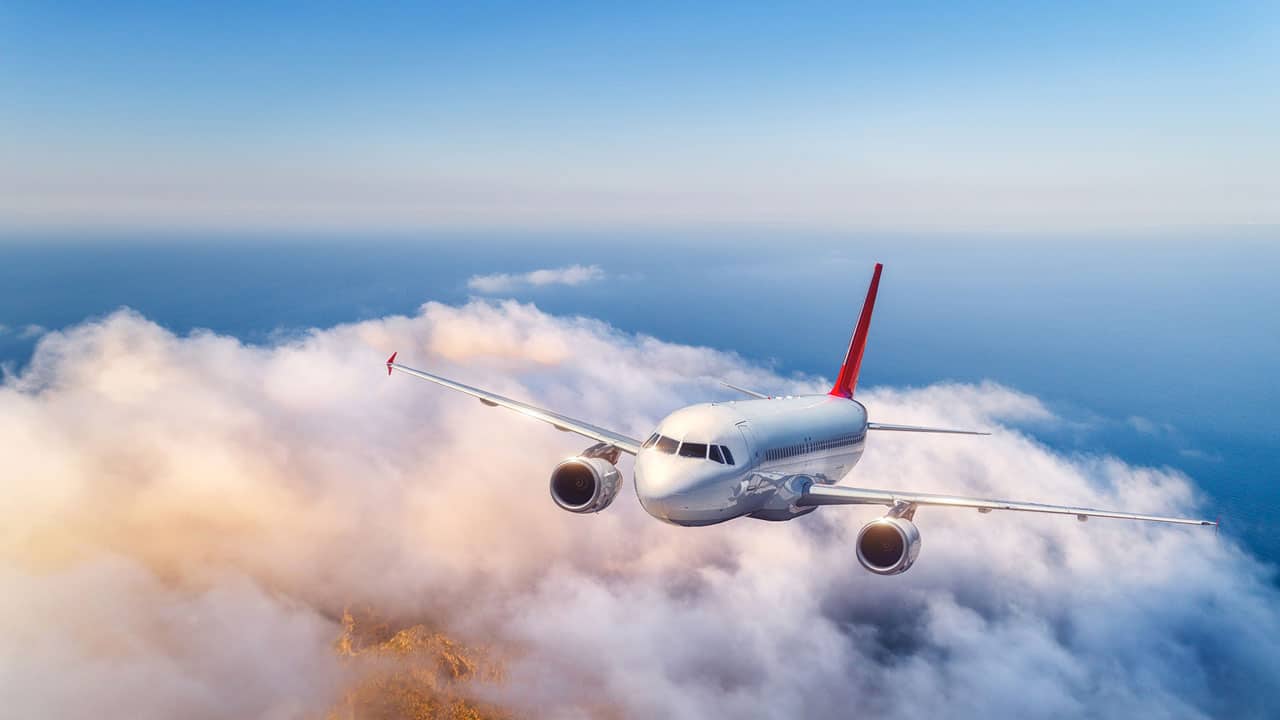
You have a friend who recently returned from a trip overseas, and along with their new tan they’re sporting some extra white teeth and a spring in their step. Turns out their glowing smile is due to more than just their tanned skin: they saw a dentist in another country. They had their teeth whitened and a cavity filled, and all for pennies on the dollar! Dental tourism has seen a rise in recent years, with Americans booking trips around visits to foreign doctors for cheaper treatment than they find at home. However, while it may seem like glitz and glamour, there are many reasons to reconsider traveling abroad for dental treatment. Today, we’re breaking down the biggest dangers related to dental tourism!
1. There may be little to no regulation whatsoever.
The American Dental Association (ADA) and the U.S. Food and Drug Administration (FDA) heavily regulate all dental practices in the United States and require diligent standards to be upheld by doctors. When you travel abroad for treatment, you leave these regulations behind and are entering uncharted territory regarding standards of care. Without regulation, you risk unsterile environments, a lack of hygiene, and a generally unsafe experience.
2. Recovering can be complicated.
While most dental procedures are relatively safe, there is always the risk of complication, especially when you’ve had work done in an unregulated environment. Complications far from home can be much riskier and more dangerous than those faced close to your own doctor. Language barriers can add another layer of complication to your procedure and a miscommunication about your recovery needs could be harmful. Additionally, the Centers for Disease Control (CDC) warns that traveling post-surgery can lead to blood clots and that surgery abroad has a great risk of infection.
3. You’ll be exposed to different germs and bacteria.
Everyone has heard a horror story about someone traveling abroad and realizing their body does not agree with the local food or water. While most issues of this nature can be avoided with diligent hand washing, choosing particular foods to eat, and drinking filtered water, having a dental procedure performed poses a new threat for exposure to germs and bacteria. The CDC warns that medical procedures abroad can increase your risk for coming in contact with drug resistant bacteria and increases your risk of illness in general.
4. Your dentist will be going in blind.
At home, your dentist has a detailed history of your past medical needs and procedures. There is a general base of knowledge about your needs and medical history that can help your dentist treat whatever issue is arising at the moment. When traveling abroad, there are no past dental records to work from, no knowledge of how you react to certain drugs, and just a general lack of personal understanding that can put you at risk in a way visiting a trusted professional at home wouldn’t.
Before you book a trip overseas to have a procedure done, give us a call at Carillon Family Dental in Romeoville today to talk about your options!